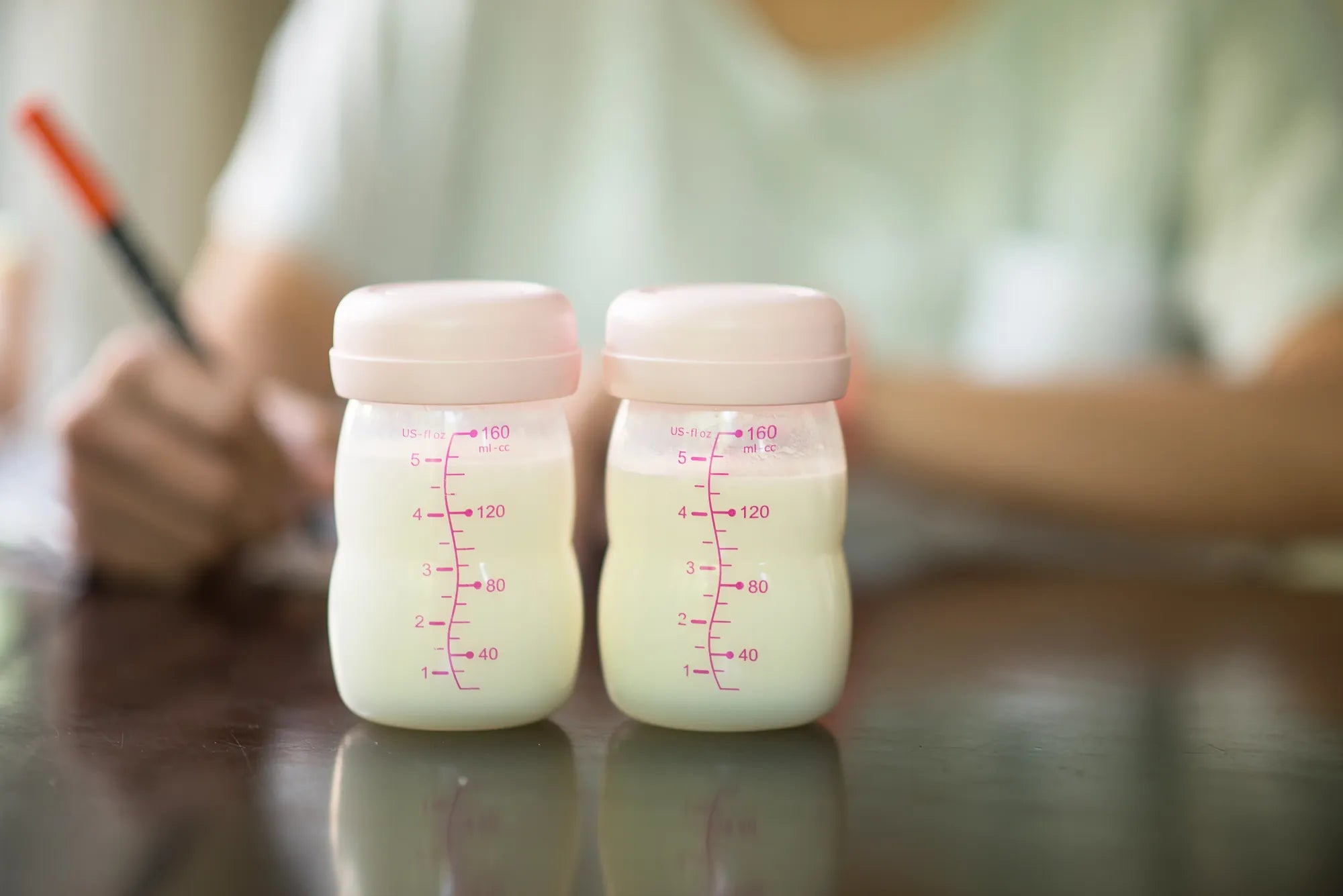Home
Pregnancy, Breastfeeding, and Pumping: The Ultimate Guide for Moms
How Long Does It Take to Stop Breast Pumping: A Comprehensive Guide

How Long Does It Take to Stop Breast Pumping: A Comprehensive Guide
Deciding to stop breast pumping is a significant milestone for many mothers. Whether you're transitioning to direct breastfeeding, introducing formula, or weaning your baby entirely, understanding how long it takes to stop breast pumping can help you plan and manage the process effectively. This article explores the factors that influence the duration, provides practical tips, and ensures you and your baby are comfortable throughout the journey.
Factors That Influence How Long It Takes to Stop Breast Pumping
The time it takes to stop breast pumping varies depending on several factors. These include your milk supply, your baby's age and feeding habits, and your personal goals. For instance, mothers with an oversupply may take longer to wean off pumping compared to those with a lower supply. Similarly, if your baby is already transitioning to solid foods or formula, the process might be quicker.
Understanding Your Milk Supply
Your milk supply plays a crucial role in determining how long it takes to stop breast pumping. If you have a high milk supply, you may need to gradually reduce pumping sessions to avoid engorgement or mastitis. On the other hand, if your supply is already low, you might be able to stop pumping more abruptly. Monitoring your body's response and adjusting your approach accordingly is key.
Your Baby's Age and Feeding Habits
The age of your baby and their feeding habits also impact the duration of stopping breast pumping. Younger babies who rely heavily on breast milk may require a slower transition, while older babies who are already eating solids or drinking formula might adapt more quickly. Pay attention to your baby's cues and adjust the process to meet their needs.
Personal Goals and Preferences
Your personal goals and preferences are equally important. Some mothers aim to stop pumping entirely, while others may want to reduce pumping sessions gradually. Consider your lifestyle, work schedule, and emotional readiness when planning how long it will take to stop breast pumping. Setting realistic expectations can make the process smoother and less stressful.
Tips for a Smooth Transition
Stopping breast pumping doesn't have to be overwhelming. Here are some practical tips to help you transition smoothly:
- Gradually reduce pumping sessions to avoid discomfort and maintain your milk supply.
- Use cold compresses or cabbage leaves to relieve engorgement if needed.
- Stay hydrated and maintain a healthy diet to support your body during the transition.
- Communicate with your healthcare provider if you experience any issues or concerns.
Ensuring Your Comfort and Your Baby's Needs
Throughout the process, prioritize your comfort and your baby's needs. If you experience pain or discomfort, adjust your approach or seek professional advice. Similarly, ensure your baby is receiving adequate nutrition, whether through direct breastfeeding, formula, or solid foods. A balanced approach will help both of you adapt more easily.
Emotional Considerations
Stopping breast pumping can be an emotional experience for many mothers. It's normal to feel a mix of relief, sadness, or even guilt. Acknowledge your feelings and seek support from loved ones or support groups if needed. Remember that every mother's journey is unique, and there's no right or wrong way to stop breast pumping.
Monitoring Your Progress
As you reduce or stop breast pumping, monitor your progress and adjust your plan as needed. Keep track of your milk supply, your baby's feeding habits, and your emotional well-being. This will help you identify any challenges early and address them effectively.
When to Seek Professional Help
If you encounter persistent pain, engorgement, or other issues while stopping breast pumping, consult your healthcare provider. They can offer guidance, recommend treatments, or suggest alternative approaches to ensure a safe and comfortable transition.
Stopping breast pumping is a personal and unique journey for every mother. By understanding the factors that influence the duration, following practical tips, and prioritizing your comfort and your baby's needs, you can make the process smoother and more manageable. Whether you're transitioning to direct breastfeeding, introducing formula, or weaning entirely, remember that you're doing what's best for you and your baby. Embrace the journey and celebrate this new chapter in your parenting experience.
Share
